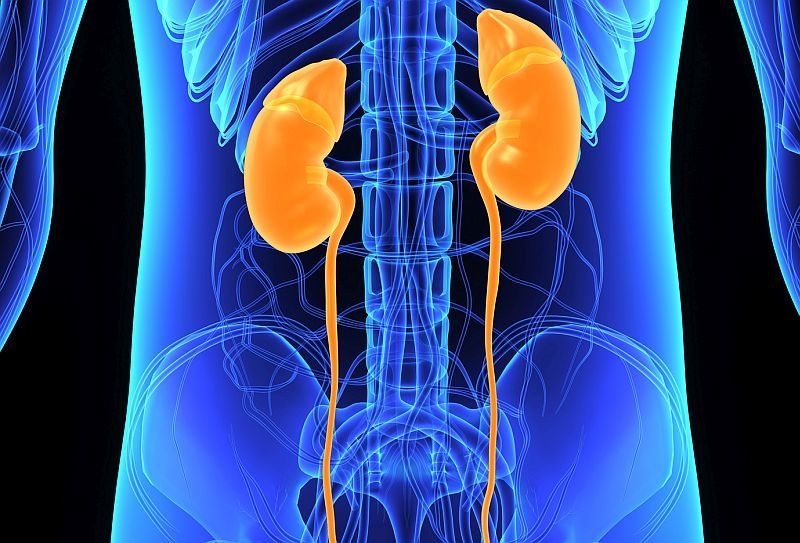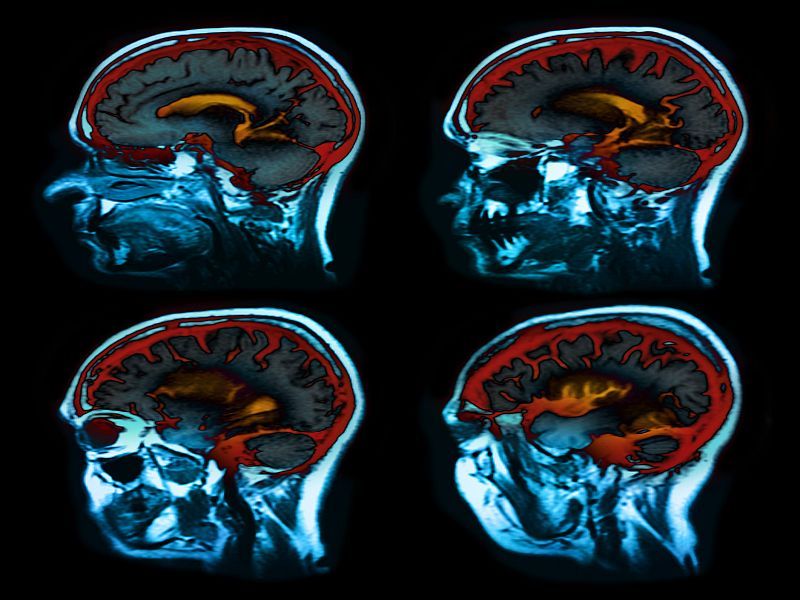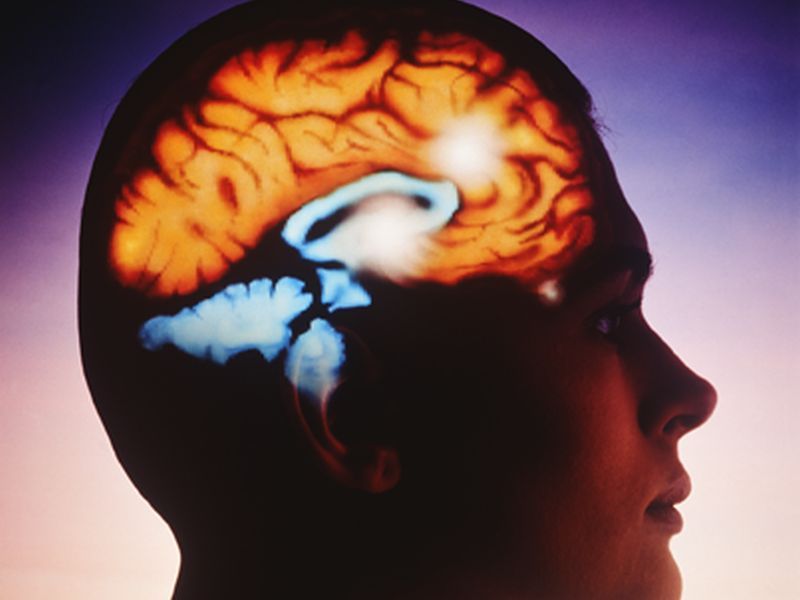Why Sleep Raises Risk for Sudden Death in People With Epilepsy
MONDAY, May 10, 2021 (HealthDay News) — New research gives insight into why people with epilepsy are at increased risk of sudden death during sleep. The study found that both sleep and epileptic seizures work together to slow heart rate, and that seizures also disrupt the body’s natural regulation ofContinue Reading










